discriminatory (a)
/dɪˈskrɪm·ə·nəˌtɔr·i/
có sự phân biệt đối xử
unfairly treating a person or particular group of people differently from others
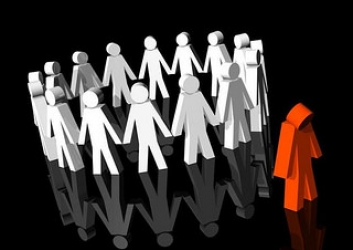
oppression (n)
/əˈpreʃ·ən/
sự đàn áp, sự áp bức
unfair and cruel treatment by a powerful person or government
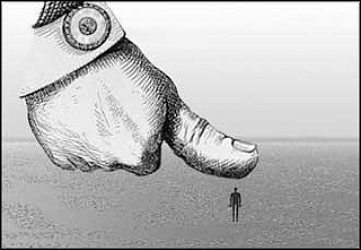
prejudice (n)
/ˈpredʒ·ə·dɪs/
định kiến, thành kiến
an unfair and unreasonable opinion or feeling formed without enough thought or knowledge
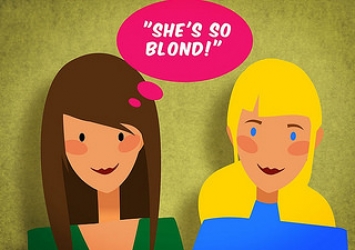
oppressor (n)
/əˈpres·ər/
kẻ áp bức
a powerful leader or government that treats people in an unfair or cruel way
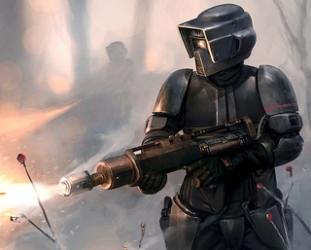
conviction (n)
/kənˈvɪk·ʃən/
sự kết án, sự kết tội
the act of deciding officially in a court of law that someone is guilty of a particular crime
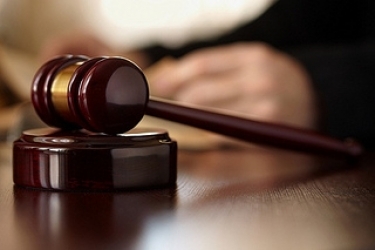
citizen (n)
/ˈsɪt̬.ɪ.zən/
công dân
a person who has the legal right to belong to a particular country

courage (n)
/ˈkɝː.ɪdʒ/
dũng khí, lòng can đảm
the ability to control your fear in a dangerous or difficult situation

popularity (n)
/ˌpɑp·jəˈlær·ɪ·t̬i/
tính phổ biến, tính quần chúng
the fact that something or someone is liked, enjoyed, or supported by many people
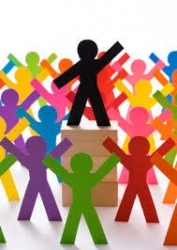
arrest (v)
/əˈrest/
bắt giữ
to use legal authority to catch and take someone to a place where the person may be accused of a crime

state (n)
/steɪt/
đất nước
a country considered as an organized political community controlled by one government

prison (n)
/ˈprɪzn/
nhà tù
a building where people are kept as a punishment for a crime they have committed, or while they are waiting for trial









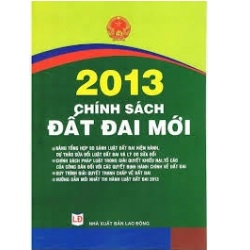


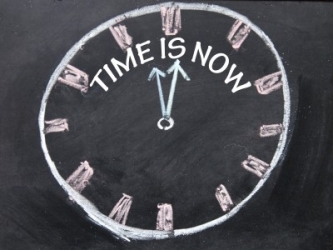
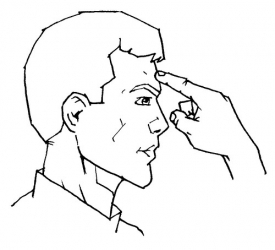


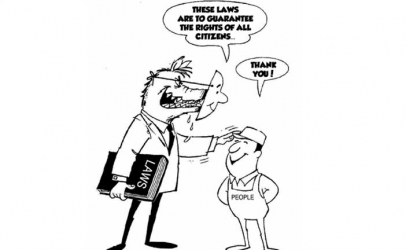

















 Hãy đăng ký thành viên và đăng nhập để sử dụng chức năng này!
Hãy đăng ký thành viên và đăng nhập để sử dụng chức năng này!
Bình luận